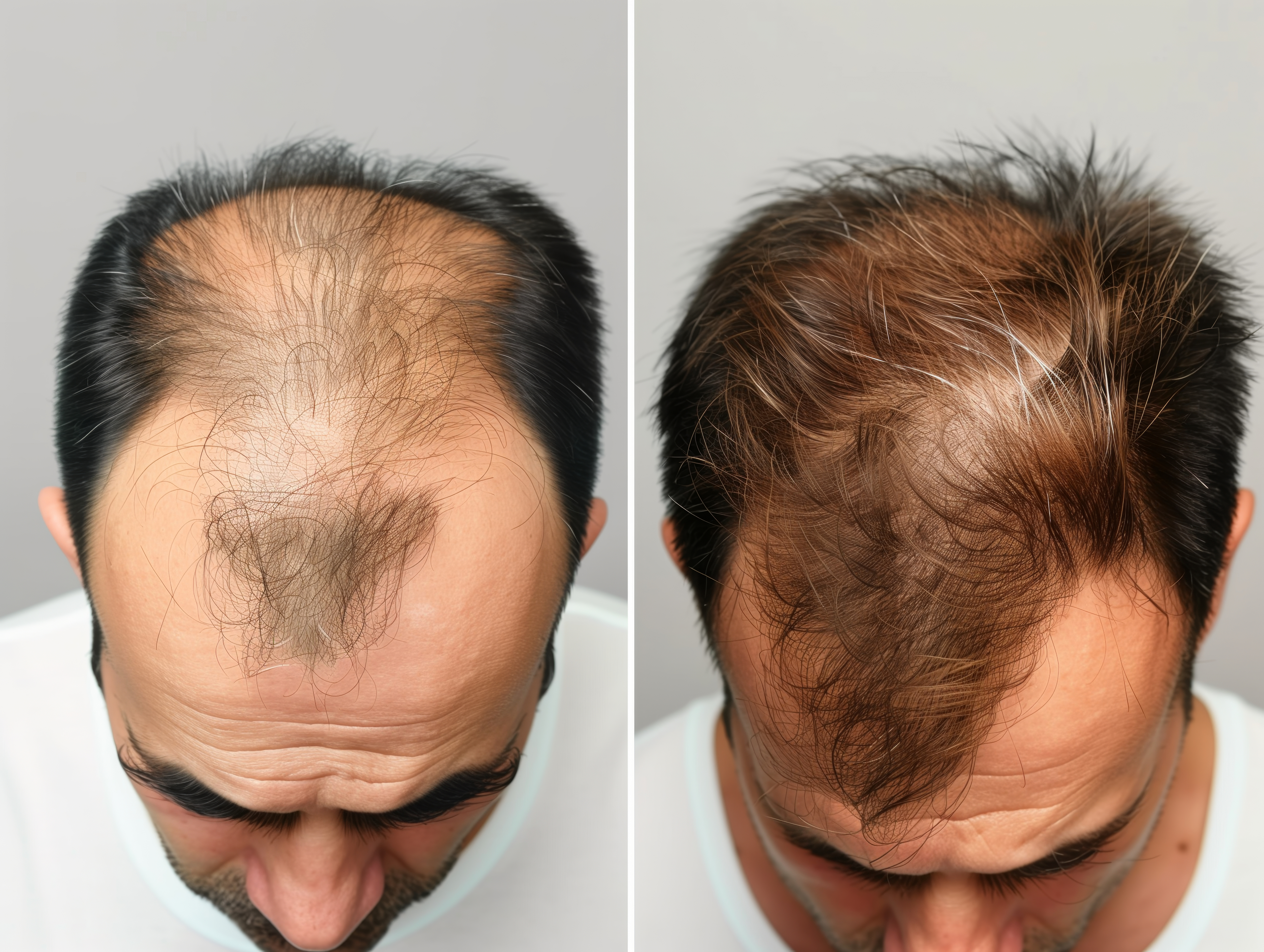Targeted therapy is a type of cancer treatment that zeroes in on the genetic changes—mutations—that cause healthy cells to become cancerous. Unlike treatments that attack both healthy and cancerous cells, targeted therapy is designed to focus specifically on cancer cells, minimizing damage to the rest of the body. It’s used to treat a wide range of cancers.
What Causes Cancer?
Cancer starts with a genetic mutation. These changes can happen in any type of cell—skin, blood, or organ tissue. Some genes are more prone to mutations, and when these changes occur, they disrupt the normal functions of cells. Instead of performing their usual roles, the mutated cells begin to grow and divide uncontrollably.
Cells produce proteins to survive and function. But when mutations affect these proteins, cells may start multiplying rapidly and live longer than they should. This abnormal growth can lead to the formation of tumors.
How Targeted Therapy Works
At the core of targeted therapy is the understanding of how genetic instructions are altered in cancer cells. Here’s how oncologists typically use this approach:
-
Identify the Mutation: They analyze the cancer’s genetic profile to understand what mutations are driving the disease.
-
Select the Target: The focus might be on specific proteins, either on the surface of the cancer cell or inside it.
-
Develop the Drug: Based on the target, a drug is designed to block or interrupt the cancer’s ability to grow and spread.
There are several types of targeted therapies, categorized by how they work:
-
Small-molecule drugs: These go inside cancer cells to disrupt critical functions.
-
Immunotherapies: These include monoclonal antibodies, bispecific antibodies, and CAR T-cell therapy, which help the immune system recognize and attack cancer.
-
Antibody-drug conjugates: These combine antibodies with chemotherapy drugs to deliver treatment directly to cancer cells.
Personalized Treatment
If you're receiving targeted therapy—say, in Thailand—your oncologist will likely conduct tests to pinpoint which genes, proteins, or molecules are involved in your cancer. This personalized approach ensures the therapy is tailored to the exact biology of your tumor.
This customization can help minimize side effects, avoid unnecessary treatments, and improve your odds of recovery.
What to Expect During Treatment
Targeted therapy can be delivered in several ways:
-
Orally (pill)
-
By injection
-
Through an IV
How often you receive treatment depends on the specific drug and your treatment plan. It could be daily, weekly, monthly, or on an ongoing basis. Some regimens are indefinite, while others have a set end date.
You’ll have regular check-ins with your cancer care team. These appointments may include blood tests, imaging (like CT scans or X-rays), and conversations about how you’re feeling. These evaluations help determine whether the treatment is working and monitor for side effects.
Which Cancers Can It Treat?
Targeted therapy is used for a wide range of cancers, including:
-
Breast, lung, and prostate cancers
-
Blood cancers like multiple myeloma, acute leukemia, and non-Hodgkin lymphoma
-
Bone and soft tissue cancers, including certain sarcomas
-
Digestive system cancers, like colorectal and esophageal cancer
-
Gynecological cancers, such as cervical and endometrial cancer
-
Head and neck cancers, including laryngeal and nasopharyngeal cancer
-
Skin cancers, such as melanoma and squamous cell carcinoma
-
Thyroid cancers, including anaplastic and medullary types
-
Urinary system cancers, like those affecting the bladder or kidneys






Comments
* * * Snag Your Free Gift: Https://Motorolapromociones.Com/Index.Php?P4j02u * * * Hs=01a0598ab00248bf73025a0442e4bf31* ххх*
2025-05-18a86pr2
* * * <A Href="Https://Motorolapromociones.Com/Index.Php?P4j02u">Get Free Bitcoin Now</A> * * * Hs=01a0598ab00248bf73025a0442e4bf31* ххх*
2025-05-18a86pr2
Add Comment